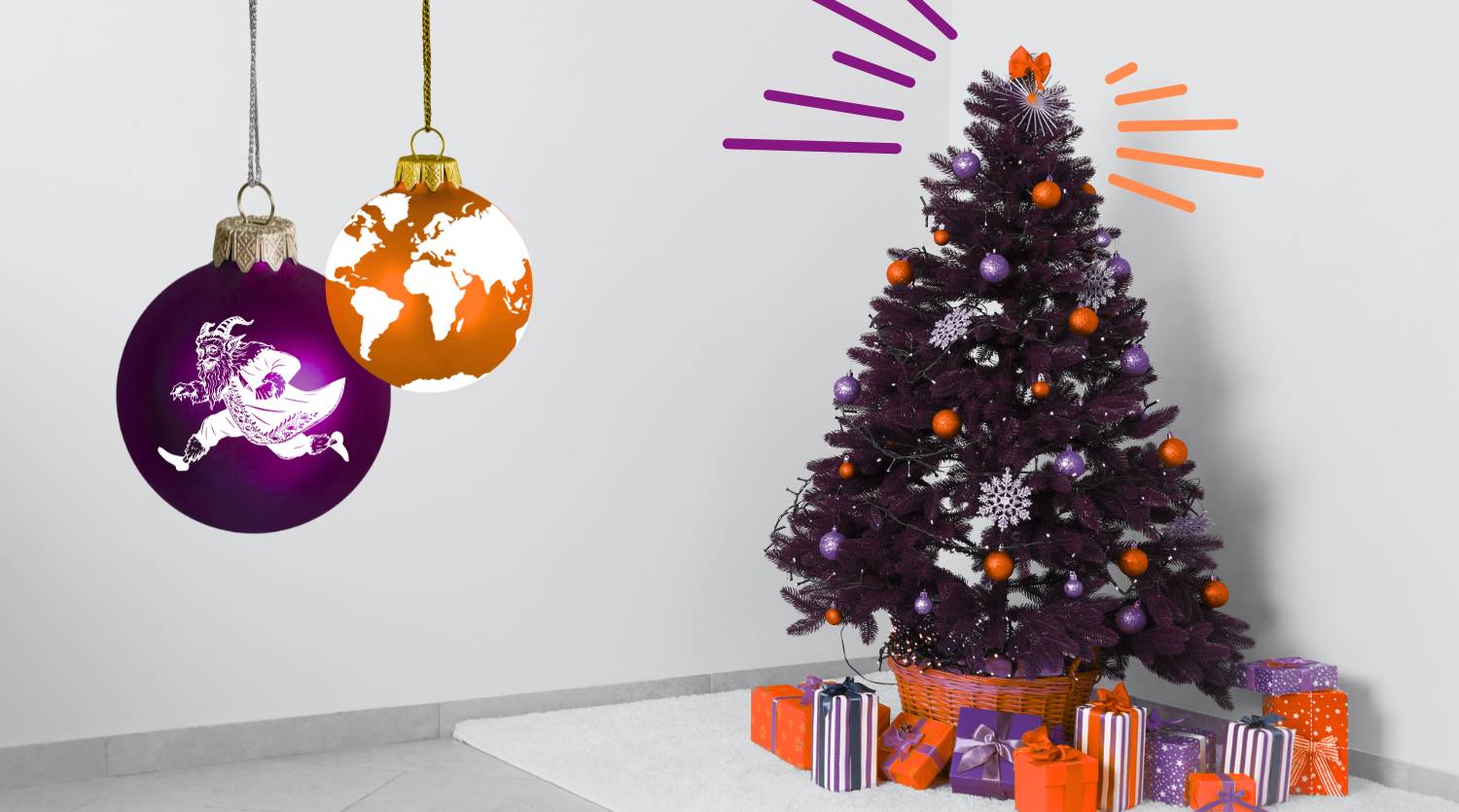How Small Businesses can take advantage of international markets
To coincide with Small Business Saturday, a grassroots campaign that highlights small business success, we’ve made a guide to how small businesses can take advantage of international markets using SEO and localisation.
Build Your Niche
Small businesses generally aren’t able to compete against larger competitors — which is why they should specialise in a niche area that has not been crowded by other companies. SMEs need to conduct thorough market analysis to identify gaps they can exploit and build long-term relationships. To do this, SMEs need the right tools to succeed in this area.
Small businesses should also take this approach towards SEO. Bigger businesses are going to have larger marketing, SEO and PPC teams which can capitalise on keywords with high competition. To get around this, SMEs should assess the competition around particular keywords and try to find a keyword with low to moderate competition to have the best chances of ranking higher.
Understanding cultural nuances
Equally important to establishing a niche, is the need to consider the cultural differences of the market you’re looking to expand into. For example, when exporting into the Middle Eastern market, brands need to recognise that the Middle East is more conservative than the West, with strong religious mores. As we have discussed before, if a brand is looking to market fashion in the Middle East, they ought to embrace modest fashion and anchor their marketing strategy in more conservative values.
Visual content is a pivotal part of any retail marketing campaign, but to get around cultural differences brands must create an emotional connection with their audience. For modest fashion, successful brands will use language that engages with consumers in a way that feels authentic and relevant.
Beyond the cultural values, small businesses should also pay close attention to foreign shopping sales in other countries. Many of these are massive retail events and would be prudent for businesses to offer discounts to capitalise on the opportunity they provide. For example, in Korea, as we have covered before, throughout May, the entire month is dubbed a ‘Family Month’ and filled with a range of events aimed at all generations, from young children to the elderly — which presents a huge opportunity for retailers to capitalise on. Over in China, this year Singles Day, a retail holiday started during the 1990s, took $30 billion in sales. Across South East Asia, online ecommerce platform Shopee created a Super Shopping Day on September 9 (9/9). In 2018, more than 5.8 million orders were placed, with 7 million sellers trading on the platform during the event.
Localising content
Good content isn’t just a great avenue for reaching out to domestic customers, but small businesses looking to expand internationally should also focus on engaging with consumers through well-crafted content. Small businesses should place importance on developing creative copy for emails, ads, blog posts and across other content channels to attract attention.
But what works in Leeds or London doesn’t necessarily work outside of Britain. For instance, one word in English might require fewer or more characters to express in another language, or potentially into multiple words which begs the question of how small businesses can choose what word to use in online marketing copy.
To answer this, we suggest that businesses should take a data-driven approach. Small businesses should track the impressions, clicks and conversions surrounding specific keywords to understand the effectiveness of their marketing campaigns. For example, if an English business is exporting trousers to the USA, then it makes sense to change the copy to ‘pants’, to increase engagement. In the North American Anglosphere, ‘pants’ is the more searched for term.
But this approach isn’t only limited to synonymous terms within English. An English word translated into another language might bring up a literal translation with multiple synonyms, which will make it difficult to ascertain which word is more likely to resonate with consumers in that market.
If you were to translate ‘jeans’ into Spanish, Google translate suggests, ‘pantalones’; ‘el pantalones vaqueros’; and ‘los vaqueros’. While these results are technically correct, many parts of Spain have been sufficiently Anglicised to the point where consumers respond better to ‘los jeans’ than the more native synonyms. In fact, searching for ‘los jeans‘ returns a higher volume of search results with better specificity than the other terms.
Find out more
To succeed internationally, small businesses need to consider these aspects when localising. Locaria can assist you with new market entry, campaign and website localisation and help you plan and execute your international marketing efforts with focused research, translation, localisation and other strategies. To get a quote or find out more, contact us today or call us on +44 (0)20 3948 6800.



